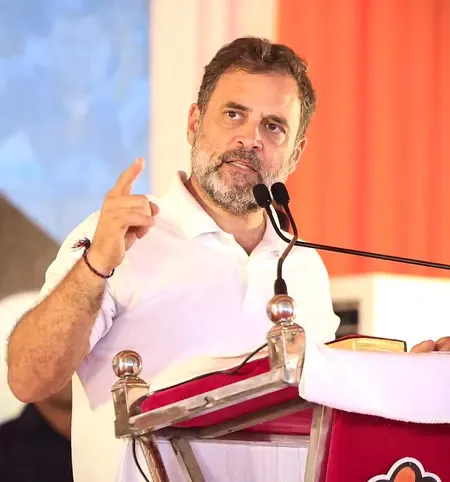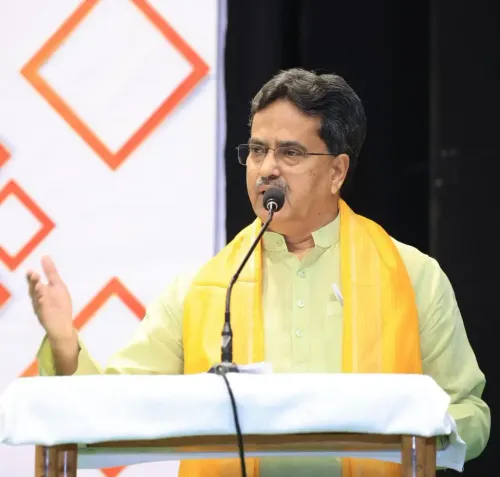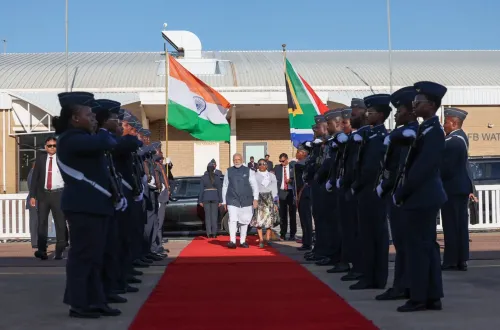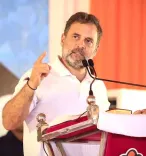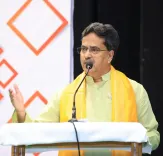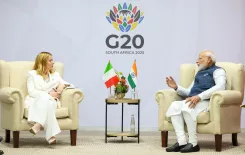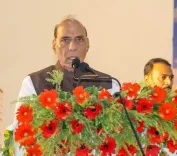Does EPS have the moral authority to question the delay in DGP’s appointment?
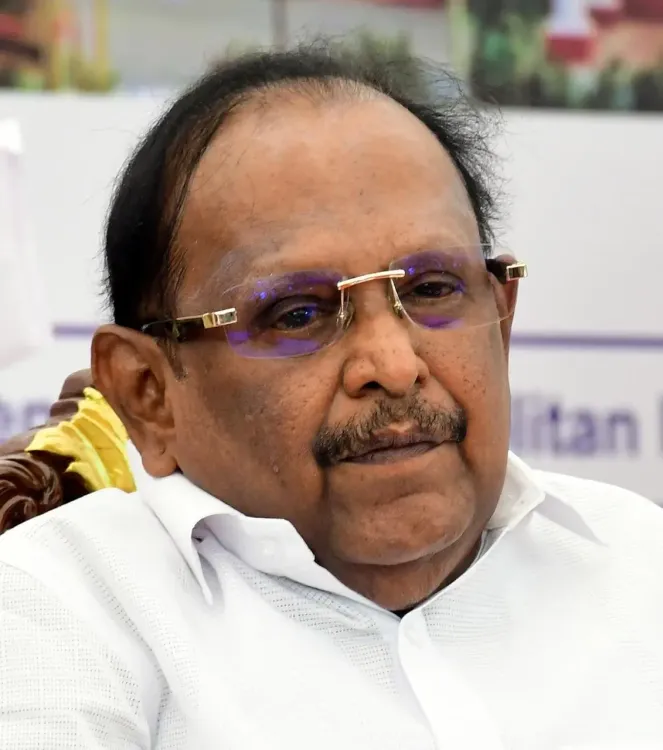
Synopsis
Key Takeaways
- Reghupathy contests EPS's moral authority on the DGP issue.
- Historical context reveals AIADMK's past use of acting DGPs.
- Union government’s interference cited as a key reason for delays.
- Supreme Court questions the continuation of an acting DGP.
- Tamil Nadu asserts its rights against central imposition.
Chennai, Nov 23 (NationPress) In a robust rebuttal to AIADMK general secretary Edappadi K Palaniswami, Tamil Nadu Minister S Reghupathy asserted that the former chief minister possesses “no moral authority or competence” to critique the postponement of a full-time Director General of Police (DGP) appointment.
Reghupathy characterized Palaniswami's remarks as politically motivated and historically inaccurate.
“EPS is now admonishing us about the absence of a permanent DGP. He conveniently overlooks that it was the AIADMK administration that initially implemented the notion of an acting DGP in Tamil Nadu,” the minister stated during a press interaction.
He reminded that in 2011, the then AIADMK government appointed Ramanujam as DGP (Intelligence) and acting DGP for Law and Order, with another officer, Rajendran, also serving as acting DGP.
“Even Uttar Pradesh had five acting DGPs at one time, and they continue to have an acting DGP today. On what grounds is EPS challenging us?” he queried.
Reghupathy reiterated that the actual reason for the delay is the Union government and the UPSC's insistence on appointing “their preferred officials” instead of considering Tamil Nadu’s candidates.
The state’s leading police post has been unoccupied since August 31, when Shankar Jiwal retired and G Venkataraman was appointed acting DGP.
Tamil Nadu proposed a panel of approximately eight senior IPS officers—among them Seema Agrawal, Rajeev Kumar, Sandeep Rai Rathore, and G Venkataraman—to the UPSC for empanelment.
However, during a contempt hearing on September 7-8, the Supreme Court questioned the state regarding the ongoing use of an acting DGP, referencing the Prakash Singh guidelines that discourage temporary appointments.
In response, the UPSC Empanelment Committee, at its meeting on September 26, shortlisted Seema Agrawal, Rajeev Kumar, and Sandeep Rai Rathore.
The state government formally protested this shortlist, asserting that the Centre was attempting to override Tamil Nadu’s administrative autonomy.
On November 7, the Supreme Court requested the state’s response concerning a plea seeking contempt action for non-compliance with its prior orders. Emphasizing the state’s position, Reghupathy declared that Tamil Nadu would not accept a DGP “imposed” by the Union government.
“This challenges state rights. Tamil Nadu will never permit its constitutional authority to be undermined,” he affirmed.

